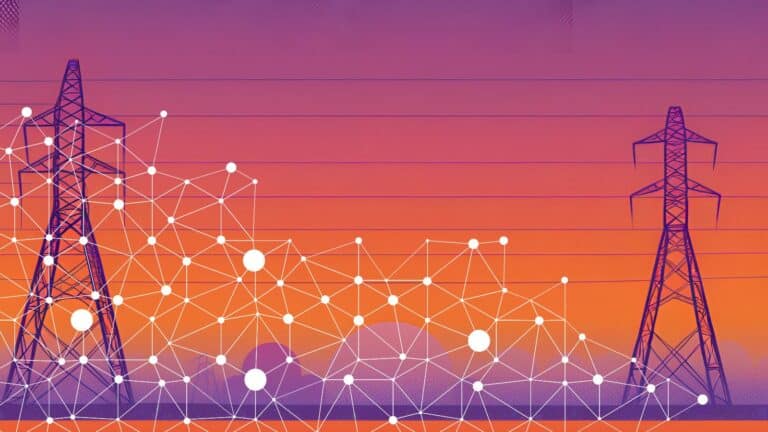David Sandalow is the Inaugural Fellow at the Center on Global Energy Policy (CGEP) and Co-Director of the Energy and Environment Concentration at the School of International and Public Affairs at Columbia University. He is the lead author of the Artificial Intelligence for Climate Change Mitigation Roadmap (Second Edition) (November 2024) and Guide to Chinese Climate Policy (October 2022).
Mr. Sandalow chairs the ICEF Innovation Roadmap Project. In that capacity, he has led development of roadmaps on artificial intelligence for climate change mitigation, low-carbon ammonia, biomass carbon removal and storage, industrial decarbonization, direct air capture and carbon dioxide utilization, among other topics.
Mr. Sandalow founded and directs CGEP’s US-China Program. He teaches a short course on the energy transition each year as a Distinguished Visiting Professor in the Schwarzman Scholars Program at Tsinghua University.
Mr. Sandalow has served in senior positions at the White House, State Department and U.S. Department of Energy. He came to Columbia from the U.S. Department of Energy, where he served as Under Secretary of Energy (Acting) and Assistant Secretary for Policy & International Affairs. Prior to serving at DOE, Mr. Sandalow was a Senior Fellow at the Brookings Institution. He has served as Assistant Secretary of State for Oceans, Environment & Science and a Senior Director on the National Security Council staff.
Mr. Sandalow writes and speaks widely on energy and climate policy. In addition to the publications mentioned above, his writings include Can AI Transform the Power Sector?, CGEP (December 4, 2024) (lead author); Using AI to Craft Better Climate Policy, Wall Street Journal (July 20, 2023); Greenhouse Gas Emissions from the Food System: Building the Evidence Base, Environmental Research Letters (June 2021) (co-author); Finding and Fixing Food System Emissions: The Double Helix of Science and Policy, Environmental Research Letters (June 2021) (co-author); Food and Climate InfoGuide, CGEP (May 2021) (lead author); Energizing America, CGEP (September 2020) (co-author); Leveraging State Funds for Clean Energy, CGEP (September 2020) (with Richard Kauffman); Green Stimulus Proposals in China and the United States, CGEP (August 2020) (with Xu Qinhua); China’s Response to Climate Change: A Study in Contrasts, Asia Society Policy Institute (July 2020); China and the Oil Price War, CGEP (March 2020) (co-author); Decarbonizing Space Heating With Air Source Heat Pumps (December 2019, co-author); Electric Vehicle Charging in China and the United States (February 2019) (with Anders Hove); A Natural Gas Giant Awakens (June 2018) (lead author); The Geopolitics of Renewable Energy (2017) (CGEP and Harvard Kennedy School, co-lead author); Financing Solar and Wind Power: Lessons from Oil and Gas (CGEP, 2017, co-author); and The History and Future of the Clean Energy Ministerial (CGEP, 2016). Other works include Plug-In Electric Vehicles: What Role for Washington? (Brookings Institution Press, 2009) (editor), Overcoming Obstacles to U.S.-China Cooperation on Climate Change (Brookings Institution, 2009) (with Ken Lieberthal) and Freedom from Oil (McGraw-Hill, 2007).
Mr. Sandalow is a member of the Zayed Sustainability Prize Selection Committee, Electric Drive Transport Association’s “Hall of Fame” and Council on Foreign Relations. He is a Distinguished Research Fellow at the Oxford Institute for Energy Studies and Distinguished Non-Resident Fellow at the Atlantic Council. Mr. Sandalow serves as a director of Enagás, SA and Fermata Energy. He is a graduate of the University of Michigan Law School and Yale College.





